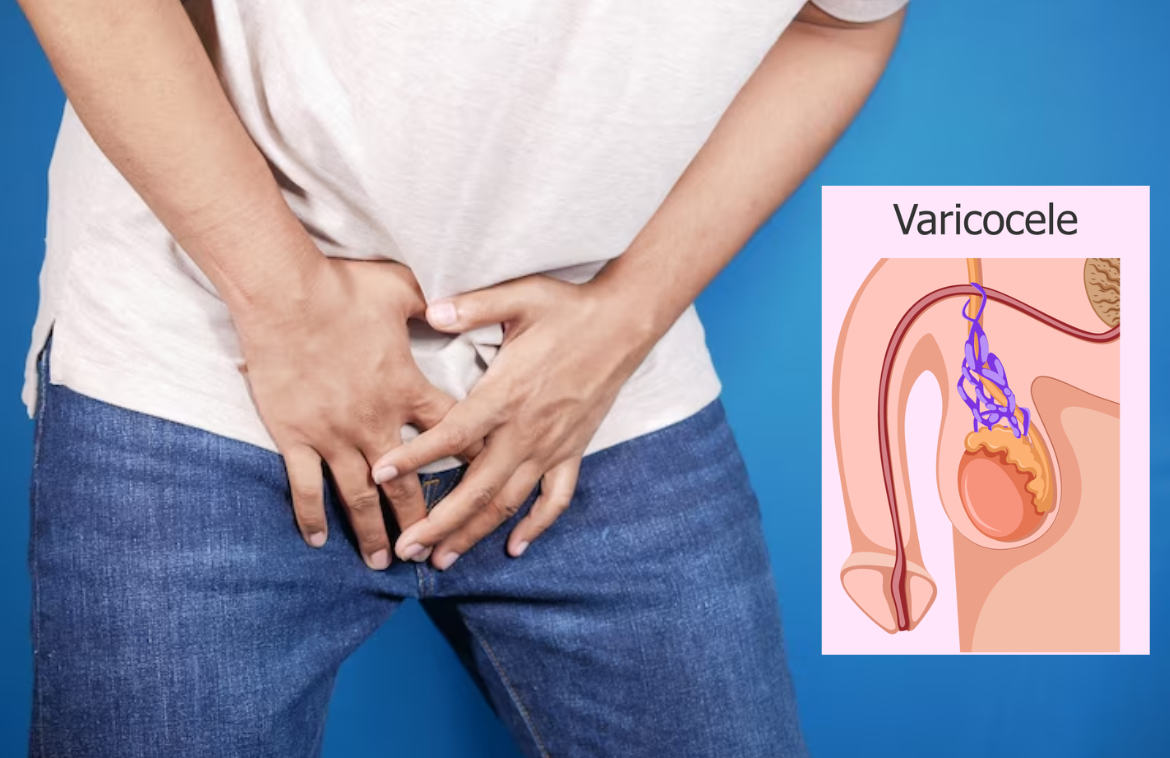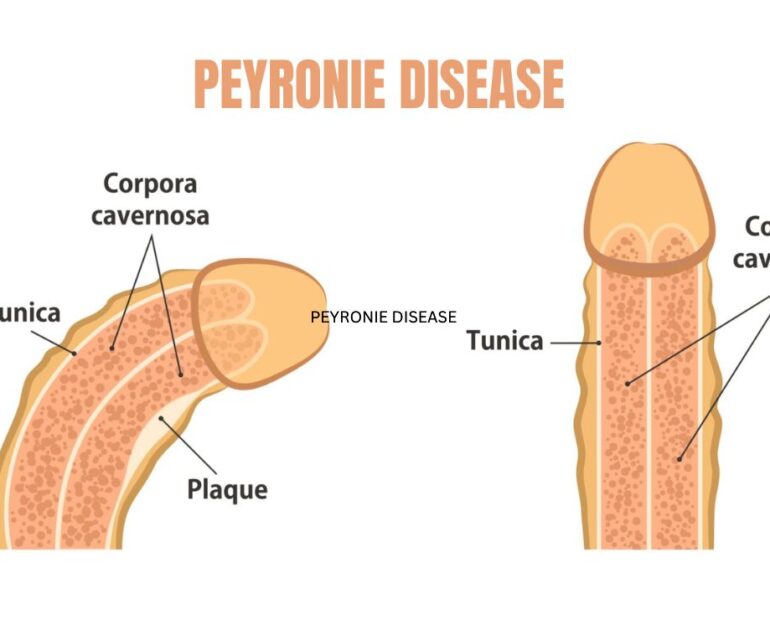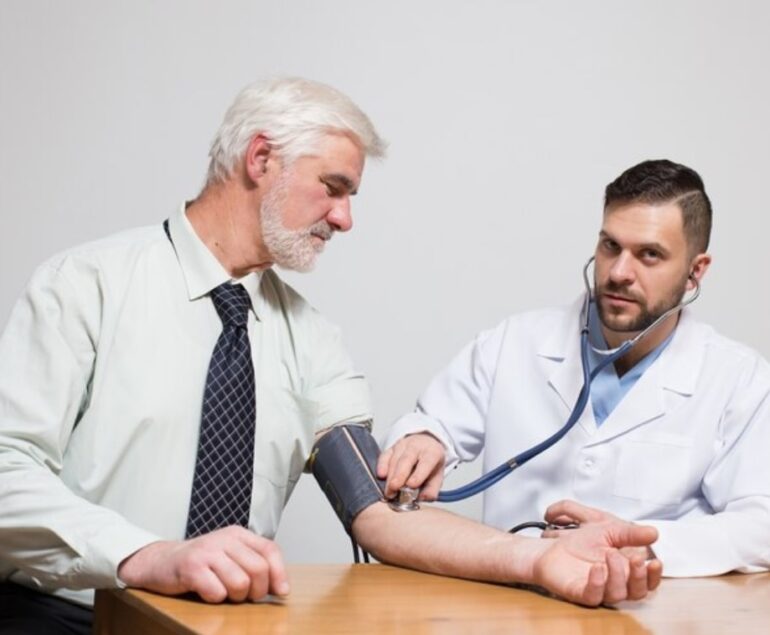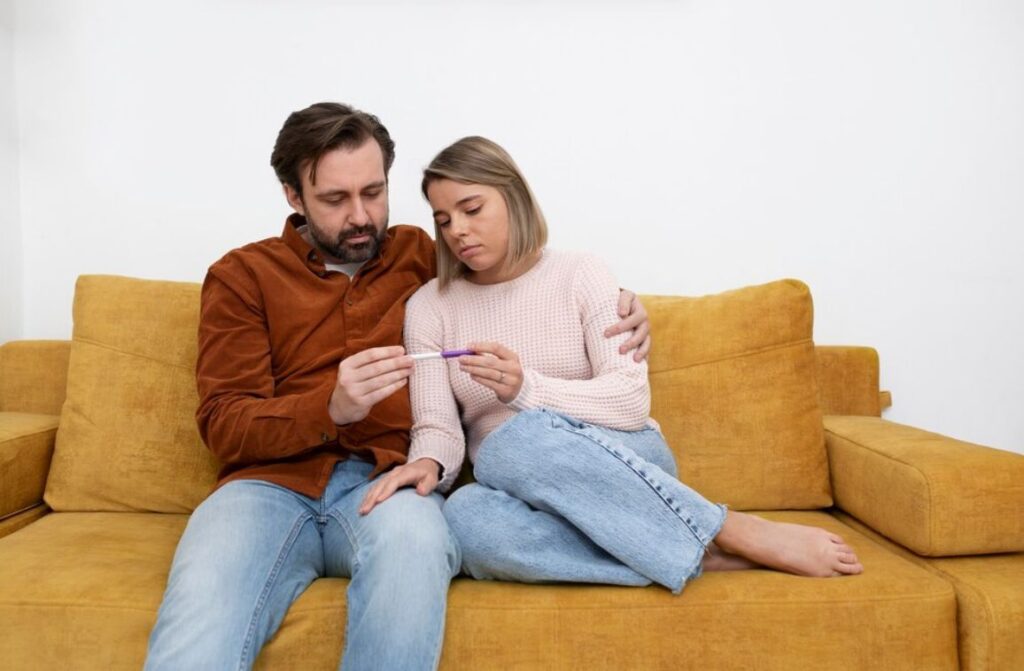Male infertility can be treated by varicocele treatment. Men do face this problem and find it difficult to conceive. It does help to consult the doctor in order to be treated well.
A varicocele (VAR-ih-koe-seel) is considered to be an enlargement of the veins within the loose bag of skin that does hold the testicles (scrotum). These veins transport oxygen-depleted blood from the testicles. A varicocele does occur when blood pools in the veins rather than circulating efficiently out of the scrotum.
Varicoceles are formed during puberty and also develop over time. They may rather cause a little discomfort or pain, but they often result in no symptoms or complications.
A varicocele can cause poor testicle development, low sperm production, or even other problems that may lead to infertility.
Sperm health does affect fertility, so it is essential that the veins can cool down one’s blood.
Most people with a varicocele do not have symptoms, but a few may face fertility issues.
When someone has a varicocele, they may in fact experience swelling as well as tenderness of the scrotum.
Male infertility
Several men have enlarged veins in the scrotum, which is the pouch that holds the testicles. Doctors do refer to these veins as varicoceles. Many men with varicoceles have no symptoms, but a few may have fertility issues.
Varicoceles are common, affecting about 10 to 15 percent of men. Doctors do continue to debate the role of varicoceles in infertility.
Few researchers suggest that treating a varicocele can perhaps improve fertility outcomes. However, a systematic review does state that the available evidence is rather weak and that doctors need to conduct more research.
Most men who do have varicoceles do not have fertility problems. Infertility rates among those with varicoceles are higher than those without them. This difference can be due to varicoceles interfering with the body’s ability to make and store sperm.

The main concern with varicoceles is that the bulge of one’s veins may damage sperm and also lower the sperm count. In individuals with an average sperm count, a varicocele is unlikely to cause infertility.
Causes
A doctor can use an ultrasound to diagnose a varicocele.
A varicocele does occur when veins in the scrotum tend to become enlarged.
Every vein has a valve that prevents blood from flowing backward, but sometimes the valve fails. This does cause blood to flow back, damaging the vein and also causing swelling.
In several people, a varicocele has no apparent cause.
Treatment
A man has varicoceles and a low sperm count, and therefore he may require treatment. Varicoceles that have no symptoms do not require treatment.
Treatment has two different options:
Embolization
Embolization happens to be surgery that temporarily cuts off the blood supply. A doctor can carry out this sort of procedure in his or her office with local anesthesia, meaning a person will not feel any pain in the area.
A person may experience little pain and tenderness after the procedure, but recovery time is rather short, and the individual can immediately return to their usual activities.
If embolization does not appear to work, surgeons may try a different procedure to treat the varicocele.
Surgery
A doctor can also surgically remove a varicocele by blocking the blood flow to the damaged vein. This surgery is known as a varicocelectomy.
A person will indeed receive a general anesthetic prior to the varicocelectomy, so they will be asleep and also be unable to feel any pain during the procedure. A person may experience little pain and tenderness for several days afterward.
Surgery is more effective than embolization as the failure rate is lower.
Laparoscopic surgery does use a smaller incision than open surgery and also requires less recovery time with the help of a very skilled surgeon. Open surgery makes use of a larger cut into the scrotum.
When to see a doctor?
Annual wellness visits for boys are indeed important for monitoring the development and health of the testicles. A number of conditions could contribute to pain, swelling, or a mass in the scrotum. If the person experiences any of these, it is better to meet the health care provider for a timely and accurate diagnosis.
Conclusion
Varicocele treatment is required to deal with male infertility.









